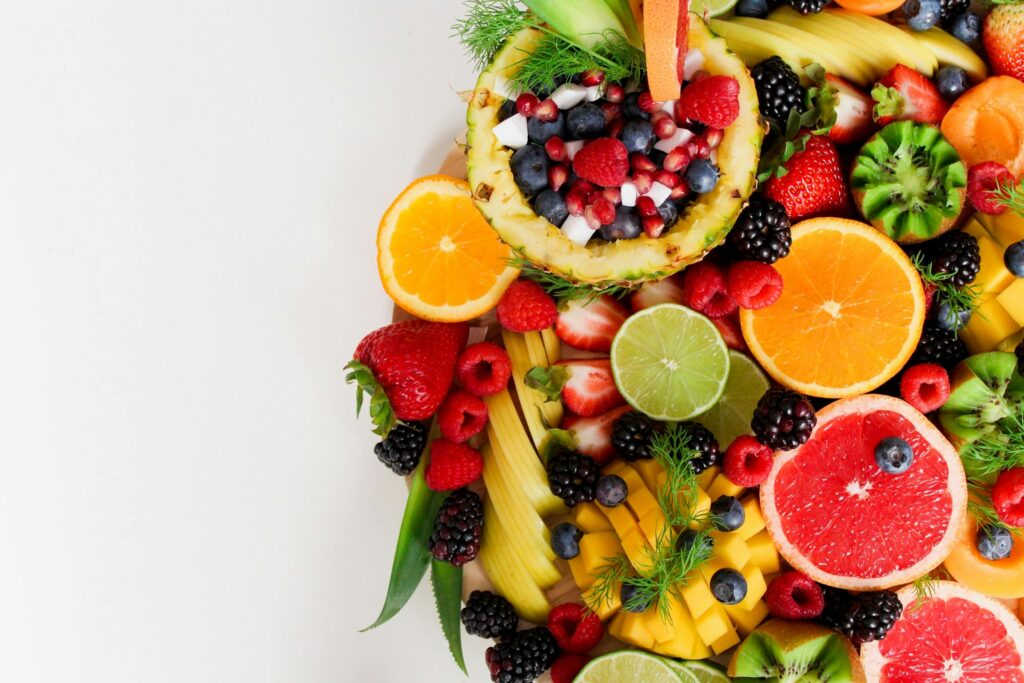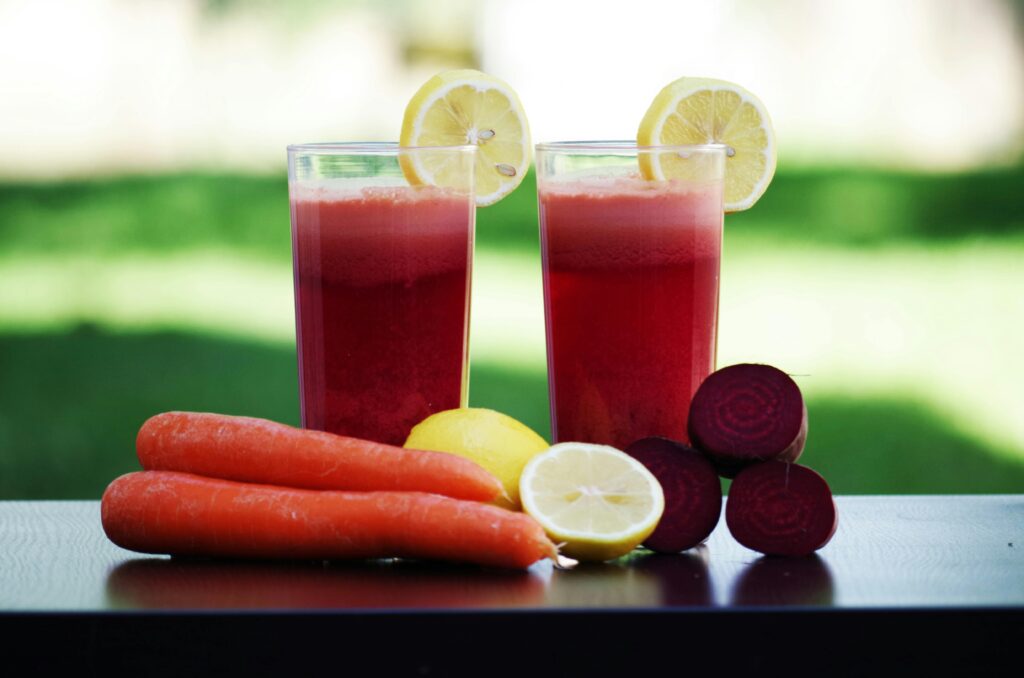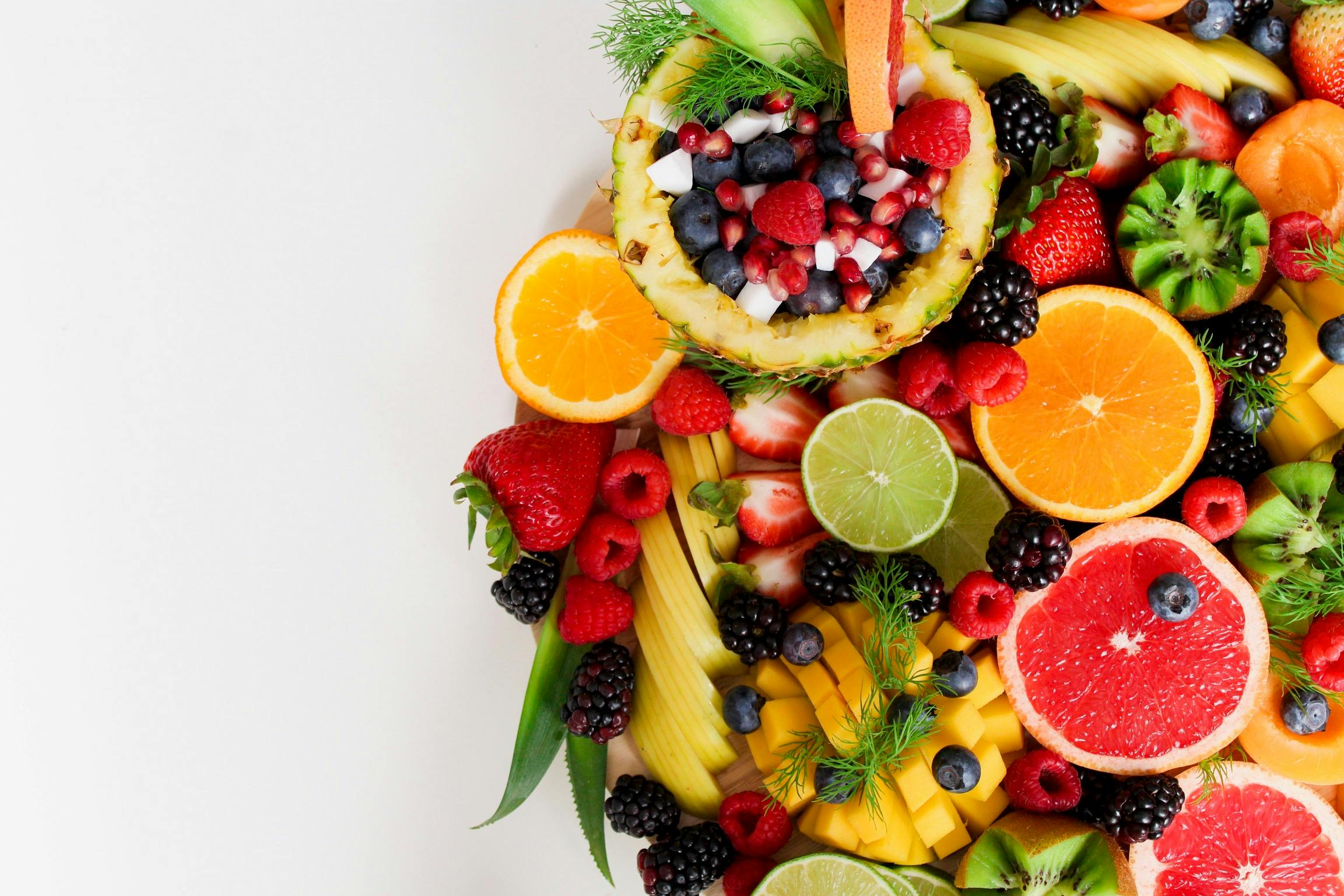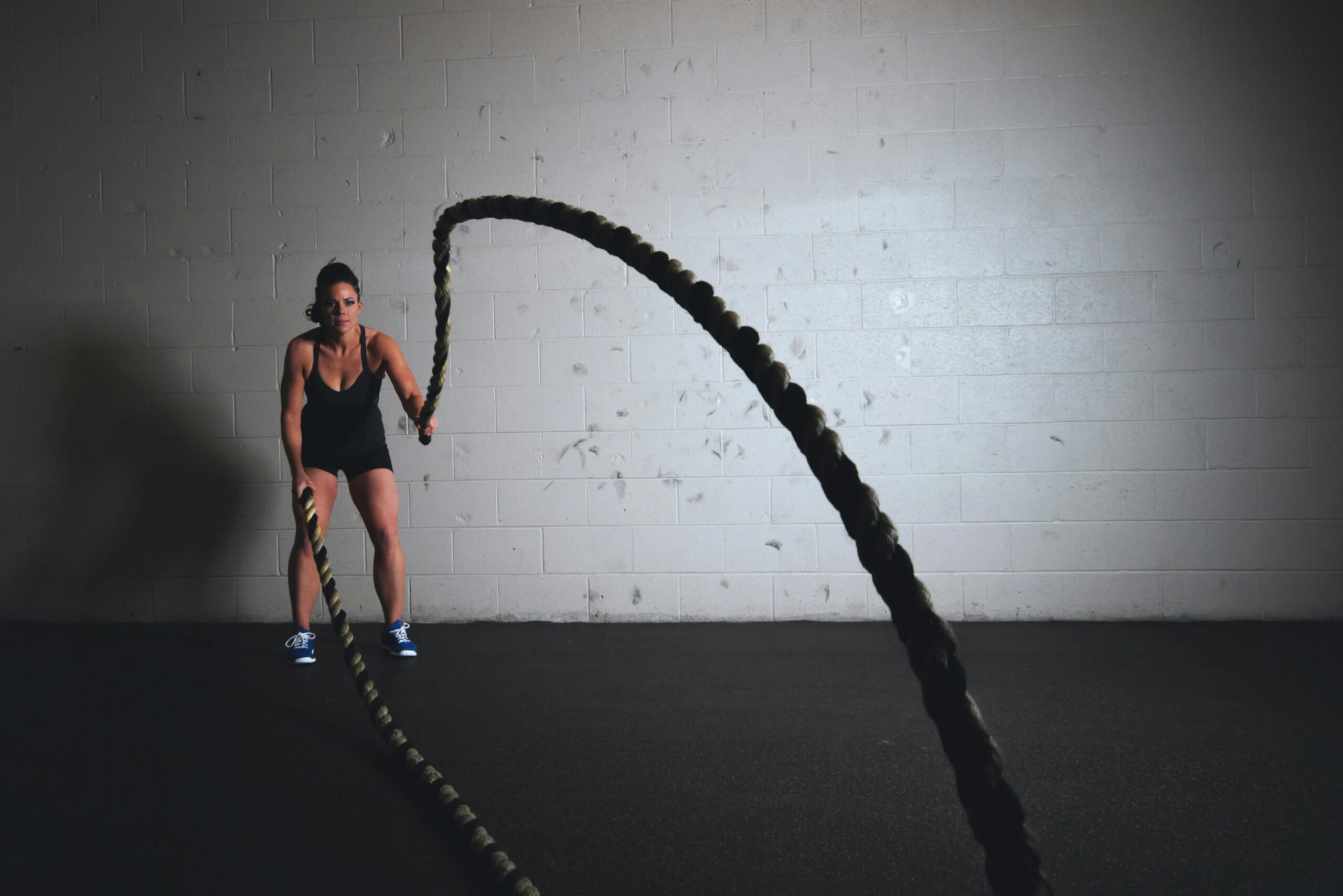Table of Contents
Introduction
When it comes to achieving fitness goals, whether they involve building muscle, losing weight, or improving athletic performance, nutrition plays a pivotal role. While exercise is critical for fitness, the food we consume fuels our bodies and directly impacts our results. Research shows that nutrition accounts for as much as 80% of our fitness outcomes. Understanding how to nourish your body effectively can unlock your potential and help you reach your fitness goals faster.
This blog post will guide you through the essentials of nutrition for fitness, exploring key nutrients, timing strategies, and meal ideas tailored to specific goals. By the end, you’ll have the knowledge needed to optimize your diet for peak performance and overall well-being.

1. The Role of Nutrition in Fitness
Energy Supply
Nutrition provides the energy needed for all physical activities, from casual workouts to intense training sessions. Carbohydrates, proteins, and fats are the primary macronutrients that supply this energy. Each plays a unique role in fueling the body, ensuring you have the stamina to perform and the resources to recover.
Muscle Growth and Repair
Muscles undergo stress and micro-tears during exercise, particularly in strength training. Proper nutrition, especially adequate protein intake, is crucial for repairing and building muscle tissue. Amino acids, the building blocks of proteins, help repair these tears, leading to muscle growth and increased strength over time.
Performance Enhancement
Nutrition directly influences athletic performance. Adequate nutrient intake can enhance endurance, power, and recovery, allowing athletes to train harder and more frequently. Nutrients like carbohydrates provide quick energy for workouts, while proteins and fats contribute to sustained performance and recovery.
2. Key Nutrients for Fitness
Macronutrients
Carbohydrates
Carbohydrates are the body’s primary energy source, especially during high-intensity workouts. They are stored as glycogen in muscles and the liver, providing a readily available energy supply. Consuming carbohydrates before and after exercise can help maintain energy levels and aid in recovery.
Proteins
Proteins are essential for muscle repair and growth. Consuming enough protein helps maintain a positive nitrogen balance, promoting muscle synthesis and recovery. Sources of high-quality protein include lean meats, fish, eggs, dairy products, legumes, and plant-based options like tofu and tempeh.
Fats
Fats are an important energy source, particularly for longer, low-intensity activities. They also play a critical role in hormone production, which can influence muscle growth and recovery. Healthy fat sources include avocados, nuts, seeds, olive oil, and fatty fish like salmon.
Micronutrients
Vitamins and Minerals
Vitamins and minerals are essential for numerous bodily functions and play a role in fitness by supporting metabolism, muscle contraction, and bone health. For example, calcium is vital for bone health, while iron helps transport oxygen to muscles. A diet rich in fruits, vegetables, whole grains, and lean proteins can provide these essential nutrients.
Hydration
Proper hydration is crucial for maintaining performance and preventing dehydration, which can impair physical and cognitive function. Water is essential, but so are electrolytes like sodium, potassium, and magnesium, which help maintain fluid balance and muscle function.
3. Pre-Workout Nutrition
Purpose
Pre-workout nutrition aims to provide the energy and nutrients needed to perform at your best during exercise. Eating the right foods before a workout can enhance stamina, focus, and overall performance.
Timing
It’s best to eat a balanced meal containing carbohydrates, proteins, and fats 2-3 hours before exercising. If you’re short on time, a small snack rich in carbohydrates and protein 30-60 minutes before a workout can also be effective.
Meal Ideas
• Oatmeal with Berries and Almond Butter: A great source of carbohydrates and healthy fats.
• Greek Yogurt with Granola and Fruit: Provides protein and quick energy.
• Banana and Peanut Butter Toast: A quick, carbohydrate-rich snack with some protein.

4. Post-Workout Nutrition
Purpose
Post-workout nutrition focuses on recovery, muscle repair, and glycogen replenishment. Consuming the right nutrients after exercise can reduce muscle soreness and prepare the body for the next workout.
Timing
The ideal time window for post-workout nutrition is within 30-60 minutes after exercising when the body is most receptive to nutrient uptake.
Meal Ideas
• Grilled Chicken with Quinoa and Vegetables: Provides protein and carbohydrates for recovery.
• Protein Shake with Banana and Spinach: A quick and convenient option for muscle repair and replenishment.
• Salmon with Sweet Potato and Asparagus: Offers healthy fats, proteins, and carbohydrates.
5. Nutrition for Specific Fitness Goals
Weight Loss
To lose weight, it’s essential to create a caloric deficit by consuming fewer calories than you burn. However, it’s crucial to maintain nutrient density to preserve muscle mass. Focus on lean proteins, high-fiber foods, and healthy fats to stay satiated and support metabolism.
Muscle Gain
For muscle gain, a caloric surplus is necessary, combined with strength training. Prioritize protein-rich foods to support muscle synthesis and consider nutrient timing to optimize growth and recovery.
Endurance Training
Endurance athletes require a diet high in carbohydrates to sustain prolonged activity. Focus on complex carbohydrates, like whole grains and legumes, and ensure adequate protein intake for muscle repair.
6. Common Nutrition Myths and Misconceptions
Carbs Make You Fat
Carbohydrates are often unfairly blamed for weight gain. However, it’s not carbs themselves but an excess of calories that leads to weight gain. Carbs are essential for energy and should be included as part of a balanced diet.
Protein Overload
While protein is important, excessive intake does not necessarily equate to increased muscle mass. It’s crucial to balance protein with carbohydrates and fats to support overall nutrition and performance.
Fasting and Performance
Intermittent fasting can be effective for some people, but it may not suit everyone, especially athletes. Skipping meals can lead to decreased energy levels and hinder performance. It’s essential to find a nutrition plan that supports your lifestyle and goals.

7. Tips for Optimizing Nutrition
Meal Planning
Meal planning helps ensure a balanced intake of nutrients and can prevent impulsive eating. Consider preparing meals in advance to maintain consistency and convenience.
Reading Labels
Understanding food labels can help you make informed choices about the products you consume. Pay attention to serving sizes, macronutrient content, and ingredient lists to avoid hidden sugars and unhealthy fats.
Supplements
While a balanced diet should provide most nutrients, supplements can be beneficial in specific cases, such as vitamin D for those with limited sun exposure or protein supplements for those with higher protein needs. Choose supplements wisely and consult a healthcare professional if needed.
Conclusion
Nutrition is a fundamental component of fitness, playing a crucial role in energy supply, muscle growth, and overall performance. By understanding the principles of nutrition and making informed dietary choices, you can fuel your body for optimal fitness outcomes.
Start by incorporating these nutrition tips into your daily routine and observe the positive impact on your fitness journey. Share your experiences or questions in the comments below, and subscribe for more insights on fitness and nutrition.
Additional Resources
Links to Recipes
• Healthy Pre-Workout Meals
• Post-Workout Recovery Snacks
Recommended Reading
• “Nutrition for Athletes” by Louise Burke
• “The Complete Guide to Sports Nutrition” by Anita Bean
By following this guide, you’ll be well-equipped to fuel your fitness goals with the right nutrition, leading to improved performance, recovery, and overall health. Enjoy the journey to a healthier, more energetic you!


